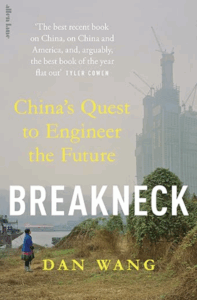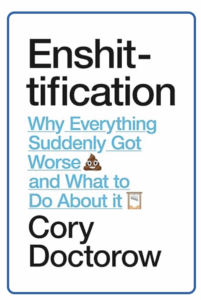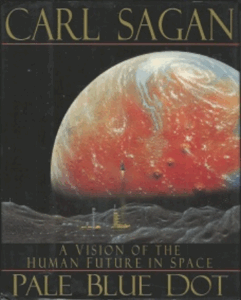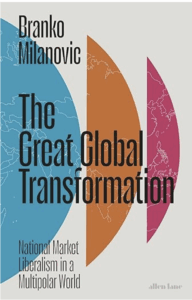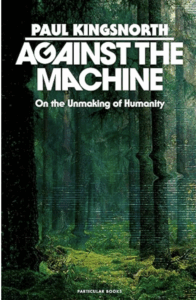On the beach

Kilcummin beach, Dingle Peninsula.
Quote of the Day
“The issue is that generative AI systems don’t want messy perspective jumps. They want the median, the average, the most widely-approved of viewpoint on an issue, a kind of soft-focus perspective that is the exact opposite of how a good historian should be thinking.”
- Benjamin Breen
Musical alternative to the morning’s radio news
Cristóbal de Morales | Parce Mihi Domine | Jan Garbarek and the Hilliard Ensemble
Recorded at the monastery of Propstei St. Gerold in Austria in September 1993. Wonderful Saxophony.
Long Read of the Day
The Mad Farrago at the BBC
Tina Brown on a home-grown shambles…
So Trump has collected two more big media scalps, this time across the Atlantic—the widely respected duo of BBC director general Tim Davie and its head of news Deborah Turness. On Truth Social, he gloated, “These are very dishonest people who tried to step on the scales of a Presidential Election.”
The BBC triggered a mine of its own making. The sloppy-as-hell video editing of Trump’s January 6th speech in a 2024 documentary for Panorama—splicing together two different quotes that made it look as if Trump was directly urging protesters to walk to the Capitol and “fight like hell”—exploded last week with a leaked memo itemizing a litany of alleged bias (claims of transgender mania, antisemitism, liberal blindness on immigration, etc.) from a former independent adviser to the BBC’s standards committee. The editing blunder was a gift to Trump, who made a festive threat to sue the BBC for $1 billion (good luck with that) if it does not make a “full and fair retraction.”
It’s mystifying why it took a year to surface such a sensitive error and why the Panorama program director did not fall on his sword, after a fulsome institutional apology. But the Beeb is hopeless at acknowledging mistakes, mired as it is in committees and processes set up to protect its probity, but instead induce herbivore slow-motion…
Readers with long memories will recall that we have been here before. In 1984, to be precise, when a Panorama documentary, “Maggie’s Militant Tendency”, was broadcast in January of that year. The programme claimed that a number of Conservative MPs including Neil Hamilton, Harvey Proctor and Gerald Howarth had links to far-right organisations both in Britain and on the Continent. Two of the MPs sued for libel and the case headed for the High Court. But the Chairman of the BBC’s Governors then died unexpectedly and Margaret Thatcher replaced him with an establishment trusty, Marmaduke Hussey. The BBC’s Director General, Alastair Milne (who had approved the programme) resigned. The Governors decided to settle the libel case, and Hussey appointed a sharp technocrat, John Birt, to sort out the corporation’s new operation. The rest is history. But the BBC is still here. And will be ten years from now, I’ll bet.
Books, etc.

At my centre’s Monday ‘OpenLab’ seminar, the sociologist Robert Dorschel gave a fascinating talk on the research that went into this forthcoming book of his. It’s basically a sociological analysis of a slice of the tech workforce that hasn’t been properly examined before — the geeks who do the software. His talk — and the subsequent discussion was enough to persuade me to put the book on my reading list, and I look forward to picking up when it’s out (from MIT Press).
My commonplace booklet
From Dave Winer, (Whom God Preserve):
Now that Cory Doctorow has put enshitified into our vocabulary, I find myself looking for evidence of it in AI, and finding it everywhere. There is a common thread. Amazon Alexa has a really nasty habit of finishing a song by asking me if I want to listen to some other version of it. I’m sure that seems like a nice friendly thing to the product people at Amazon, but please — I’m grooving on the energy of the song, and the last thing I’m thinking about is some asshole robot interfering with my train of thought with a question so stupid only a machine could think of it. Okay I think that qualifies for enshitification right there. Can we have a rule that AI bots must by default behave like a computer. I, your human overlord, the one who is paying the bills, will ask the questions. And you will not speak until you are spoken to.
Amen.
This Blog is also available as an email three days a week. If you think that might suit you better, why not subscribe? One email on Mondays, Wednesdays and Fridays delivered to your inbox at 5am UK time. It’s free, and you can always unsubscribe if you conclude your inbox is full enough already!


